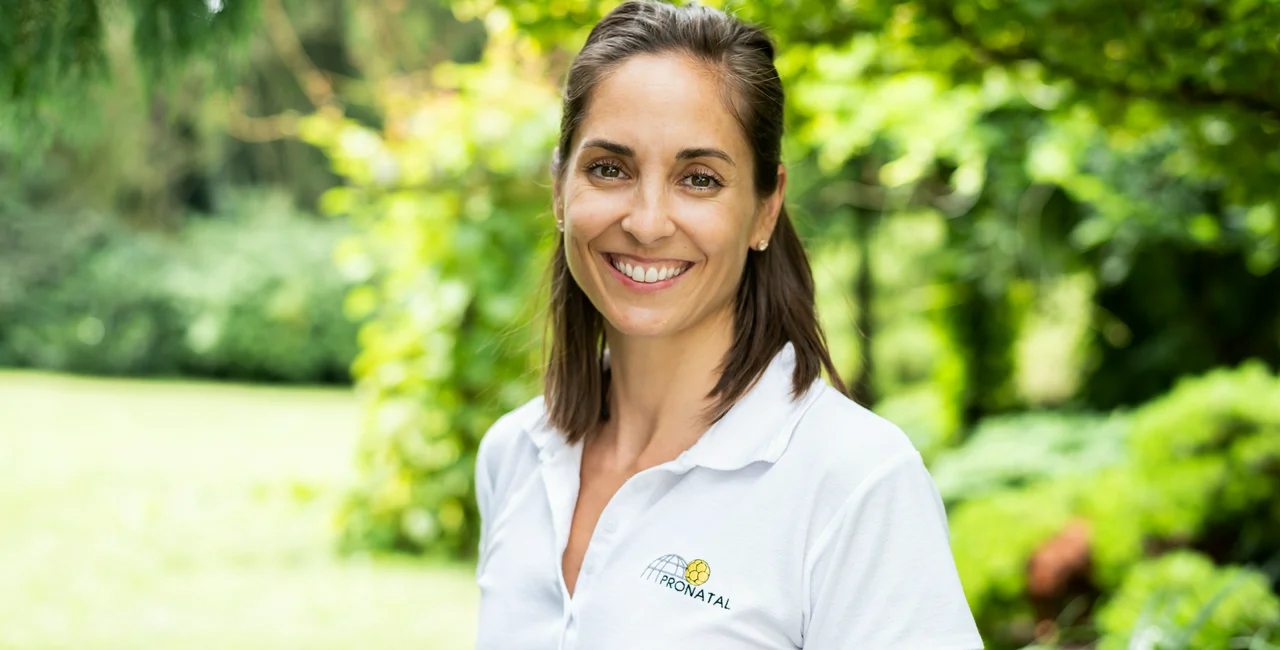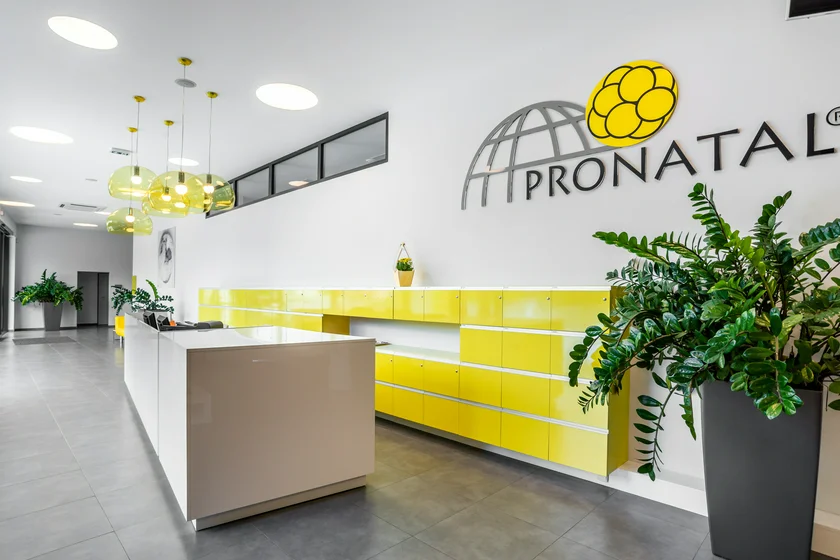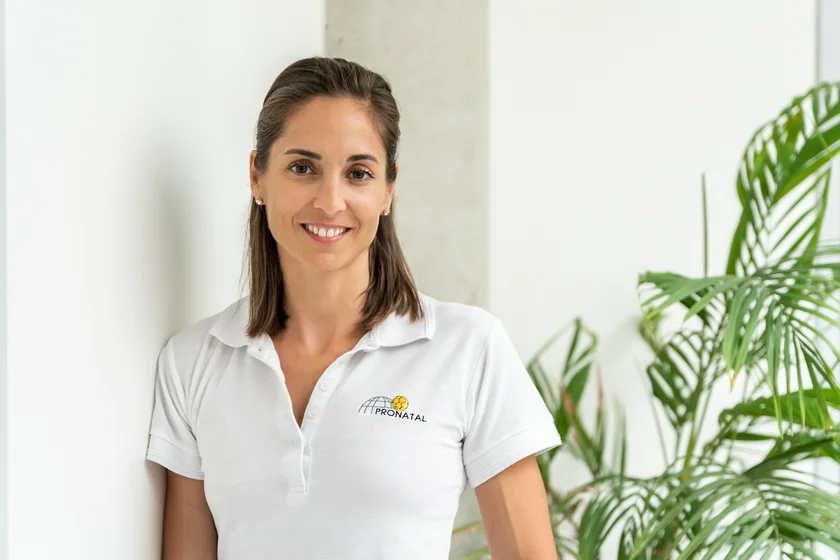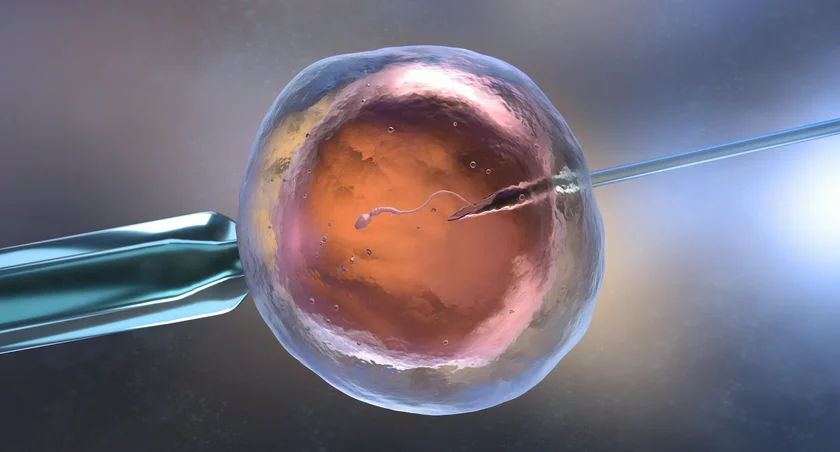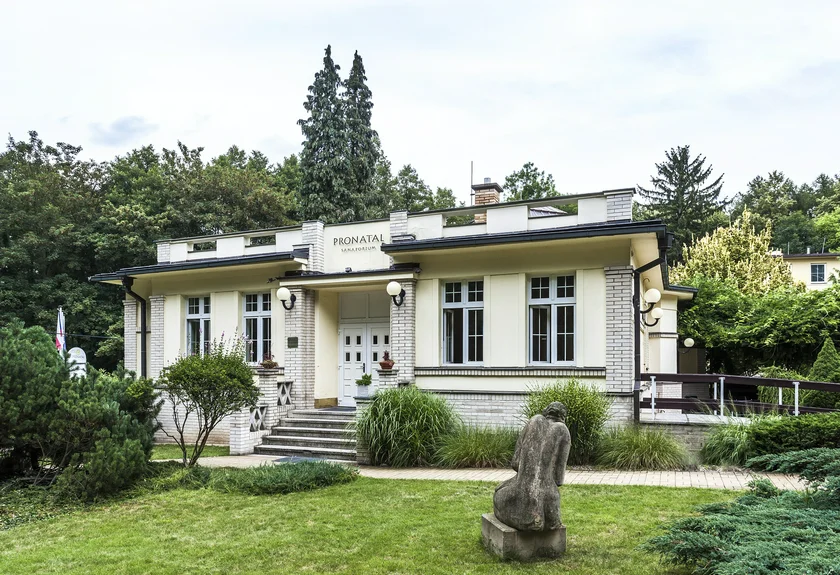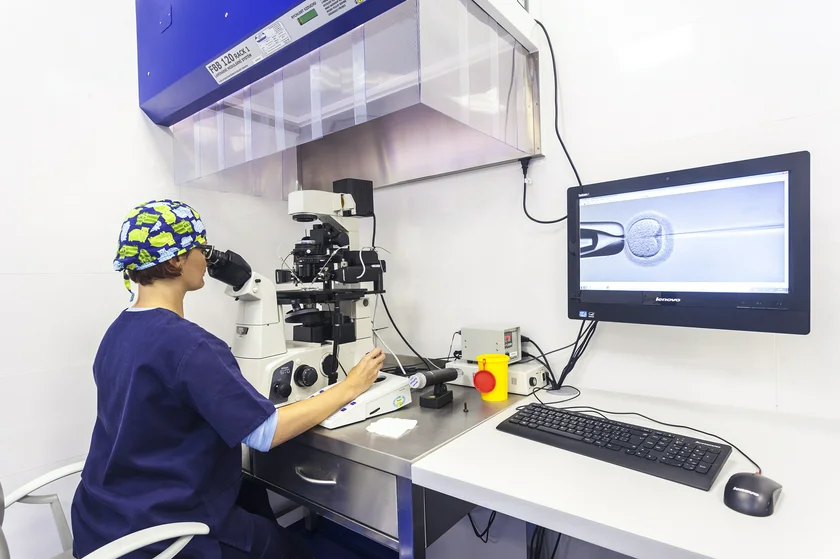According to the Institute for Health Information and Statistics, more than 21,000 children in the Czech Republic have been born from frozen embryos since 1982. Between 2010-2020, the number of IVF births rose from 894 to over 3,000, an increase of 235 percent.
Assisted reproduction methods do not guarantee results for couples who struggle with conceiving a child. However, recent advances in IVF and technology have been game-changers for patients looking to conceive.
To get a better idea of how assisted reproduction trends have changed in Czechia throughout the years and what innovations are available to those who come to the country seeking treatment, we spoke with PRONATAL, one of the Czech Republic’s longest-running assisted reproduction health clinics.
The clinic was founded more than 27 years ago by Tonko Mardešič, M.D. His daughter, Ph.D. Nicole Mardešićová, M.D., and her team of experts carry on Dr. Mardešič's work in several locations throughout the Czech Republic as well as abroad.
Social freezing
Dr. Mardešičová said that social freezing is among the successful assisted reproduction methods for those who would like to become parents someday but have postponed due to circumstances such as wanting a career first or not having found the right partner. “Since gametes decline with age, during the social freezing procedure, they are preserved for future use.”
She says that the freezing of embryos for IVF has become increasingly common as the success rate of their transfer is high.
Between 2010-2020, the number of IVF births rose from 894 to over 3,000, an increase of 235 percent.
Preimplantation diagnostics
Preimplantation genetic testing is another booming IVF trend. The technique is used to identify genetic defects in embryos created through in vitro fertilization.
“After repeated unsuccessful pregnancies, it is often suspected that the embryos carry a genetic burden and have therefore either difficulty nesting or they stop developing. In such cases, we offer preimplantation diagnostics, in which embryos are screened for chromosomal mutations, such as trisomy, complex abnormalities, and mosaicism before implantation in the uterus,” says Dr. Mardešičová.
Egg donation
If reproduction with one’s own oocytes is no longer possible, PRONATAL can offer donated oocytes as an alternative. The success of cycles with donated gametes is very high and the results are among the best of all assisted reproduction methods, says Dr. Mardešičová.
“We know from countless couples who have chosen to go down this road in the past, that they have never regretted their decision,” says Dr. Mardešičová who adds that such donations take into account strict ethical principles and maintain the absolute anonymity of donors and recipients.
Remote care
Rapid advancements in technology have also made it possible for health specialists to conduct online interviews and preliminary diagnoses. Patients also have the option to perform at-home testing to make things more comfortable during the procedure. This allows IVF patients coming to the Czech Republic from abroad, for instance, to do most of the procedure remotely.
“You will only come to us twice. The first time for the puncture and sperm delivery and the second time 5 days later for the transfer. After each procedure, you can go home the same day,” says Dr. Mardešičová. PRONATAL also houses hotel rooms directly at its clinic for those wishing to stay.
She also notes that the initial consultation with PRONATAL physicians can be conducted in the form of an online interview and you can undergo the necessary medical examinations before and during treatment with your doctor, or examinations can be arranged within their sister clinics.
Holistic approach
Dr. Mardešičová says that comprehensive care for the patient is an important trend moving forward.
At PRONATAL the emphasis is on comprehensive care for women which means if any issues arise, they can be treated within the MEDICON PRONATAL group – which specializes in everything from assisted reproduction to gynecology, breast cancer screening and treatment, genetic laboratory, osteoporosis, and much more.
“In addition to professional competence, people who come to us need human understanding and an individual approach,” says Dr. Mardešičová.
This article was written in association with PRONATAL. Read more about our sponsored content policy here. PRONATAL, on the market for 27 years, as 11 health centers throughout Europe as well as its own genetics laboratory and prenatal diagnostics center. Clinics can be found not only in Prague, Teplice, Karlovy Vary, České Budějovice, Kolín, and Ostrava but as well as in Croatia (Zagreb and Rijeka), Serbia (Belgrade), and Bosnia and Herzegovina (Banja Luka). Staff speaks German, Serbian, Croatian, Italian, Polish, Ukrainian, and English and these languages can also be used for all written communication.












 Reading time: 3 minutes
Reading time: 3 minutes 